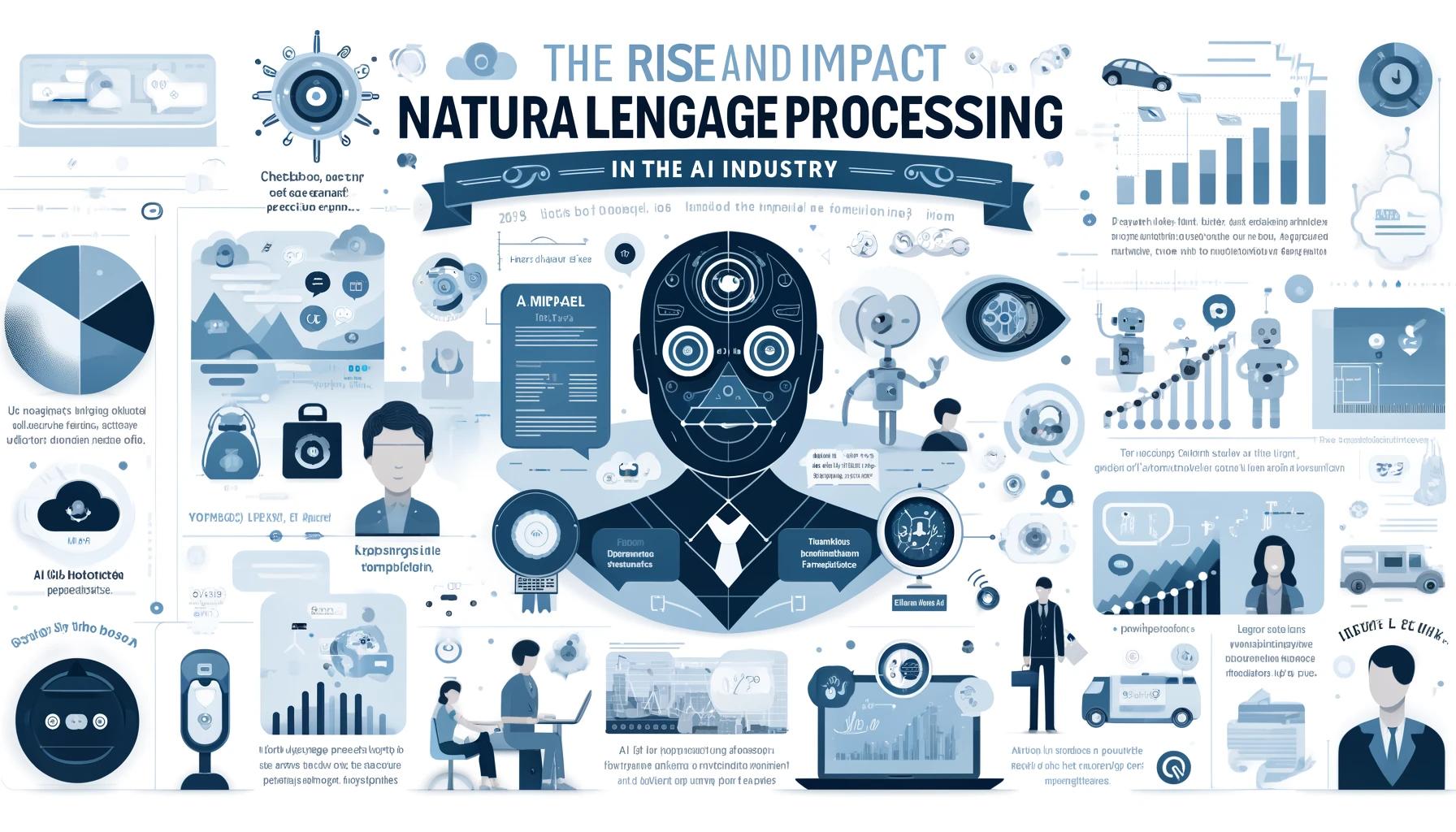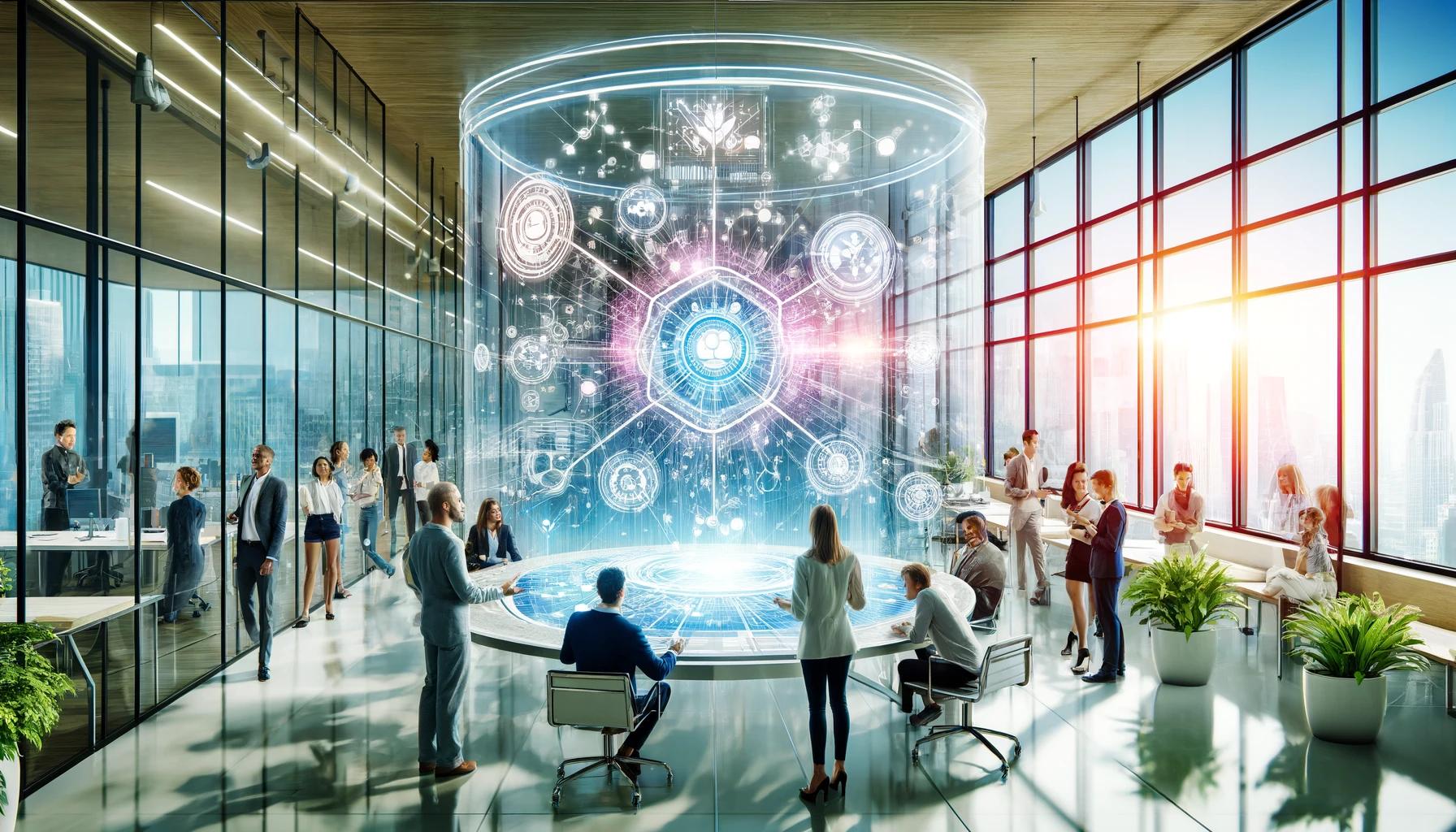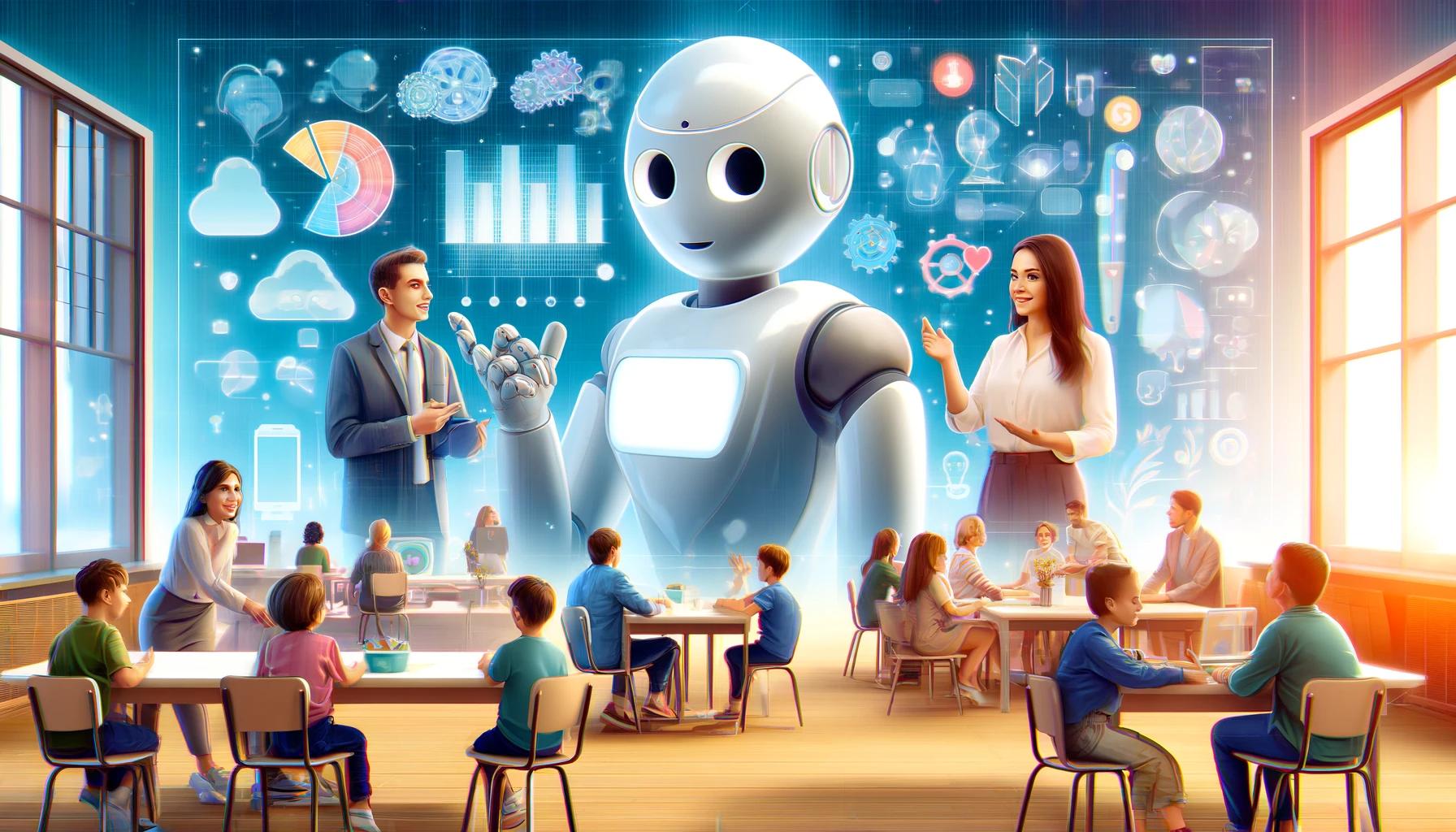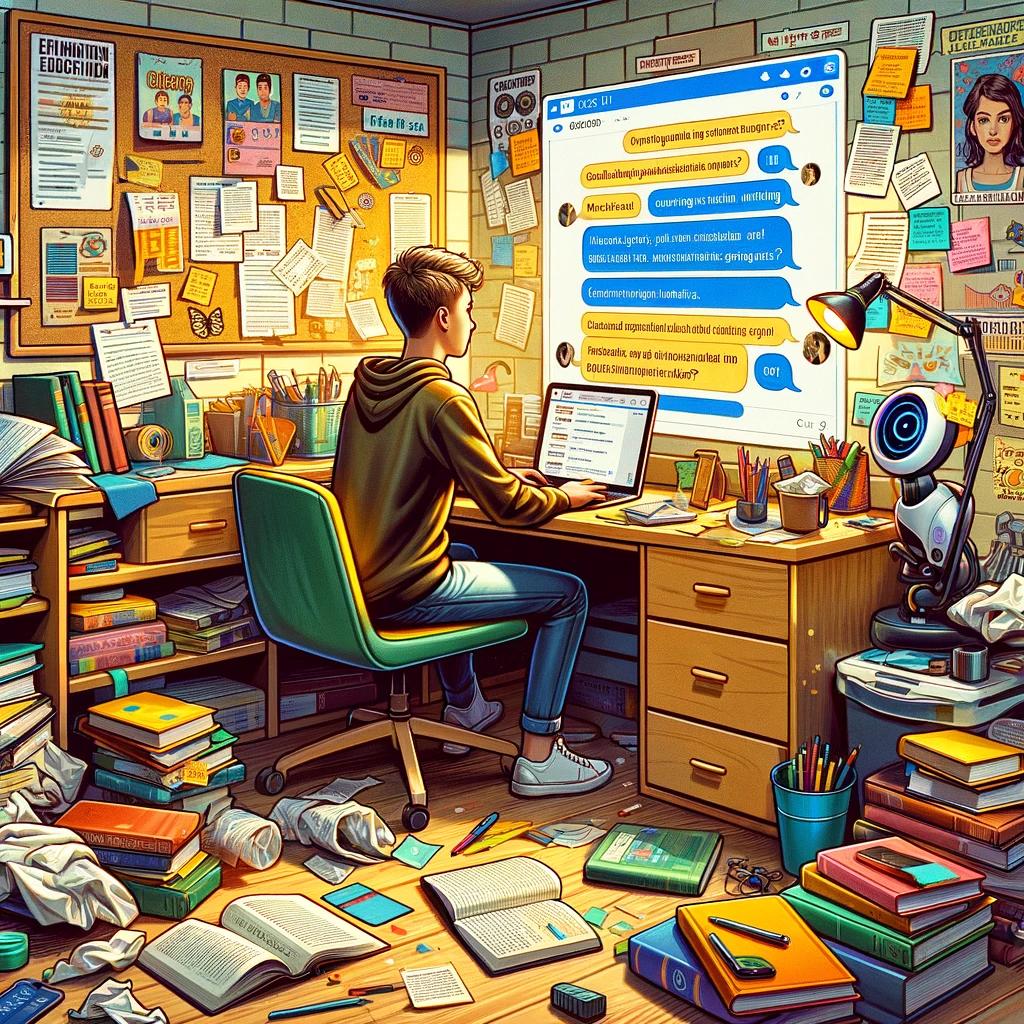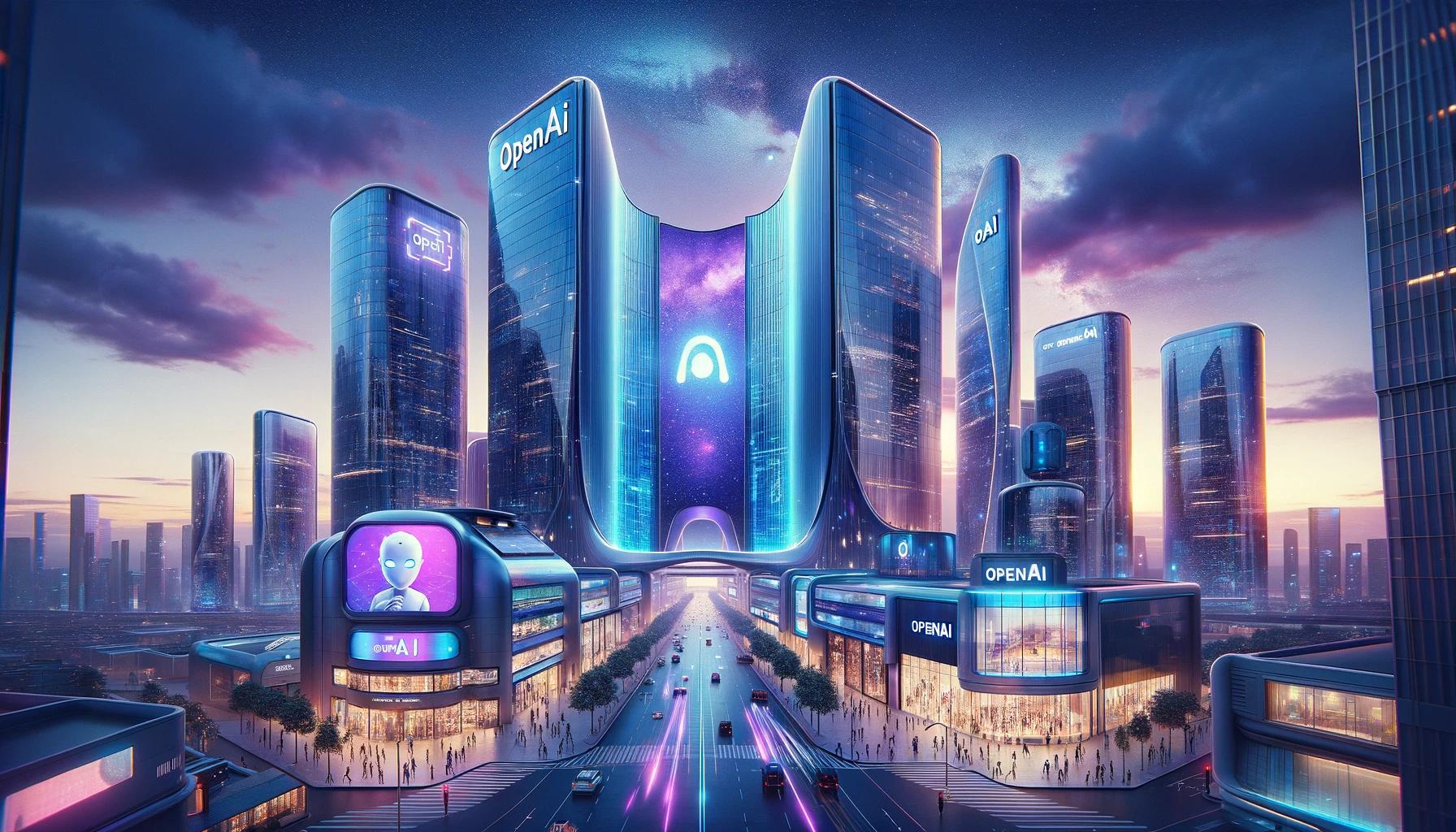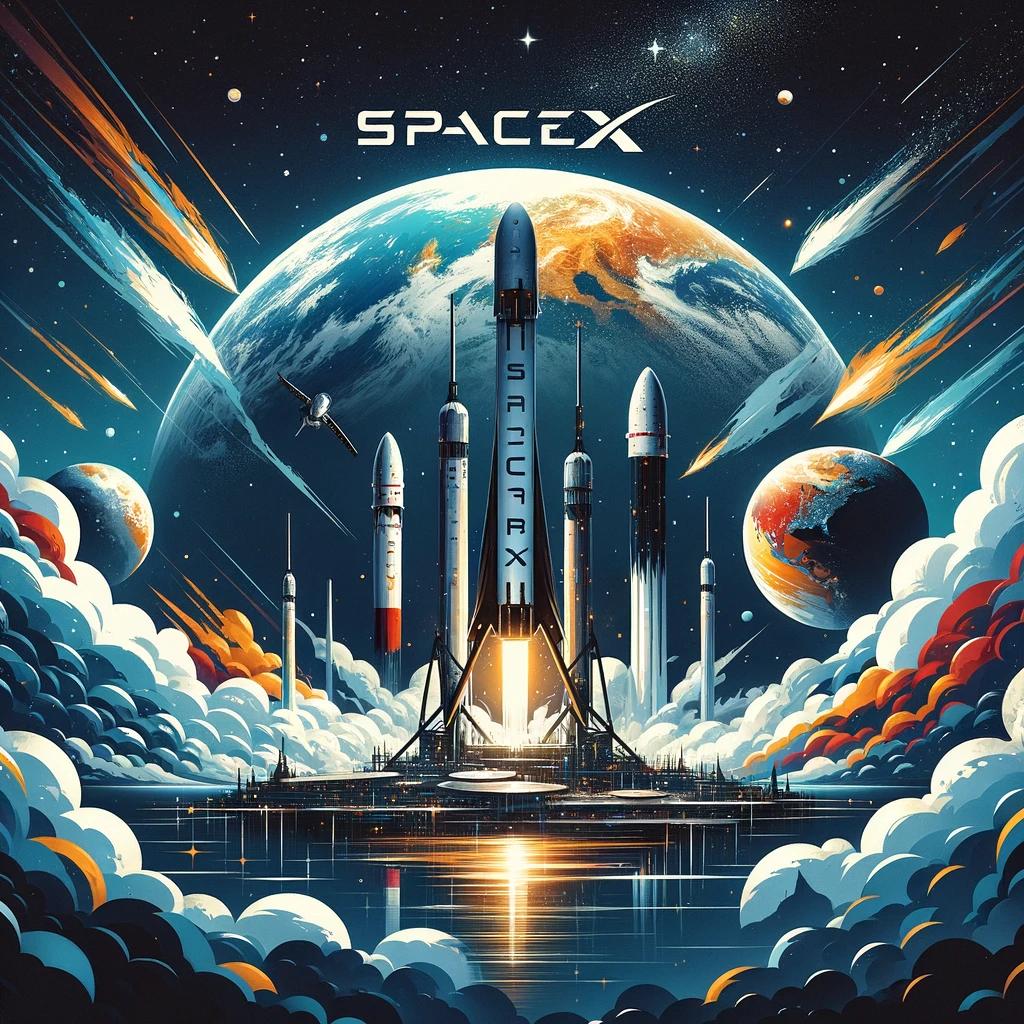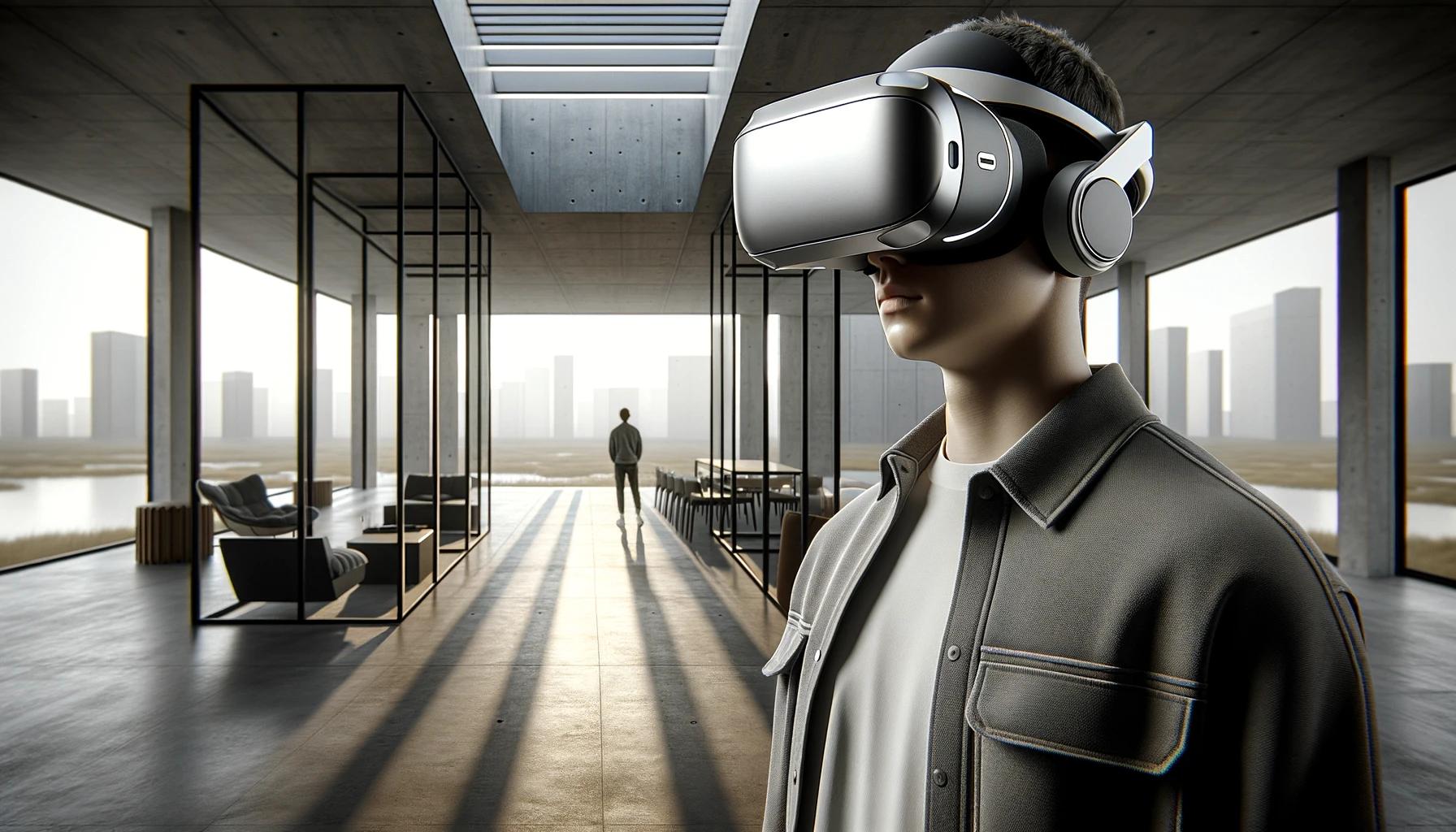Future Tense: How Generative AI will Transform Creativity and Innovation
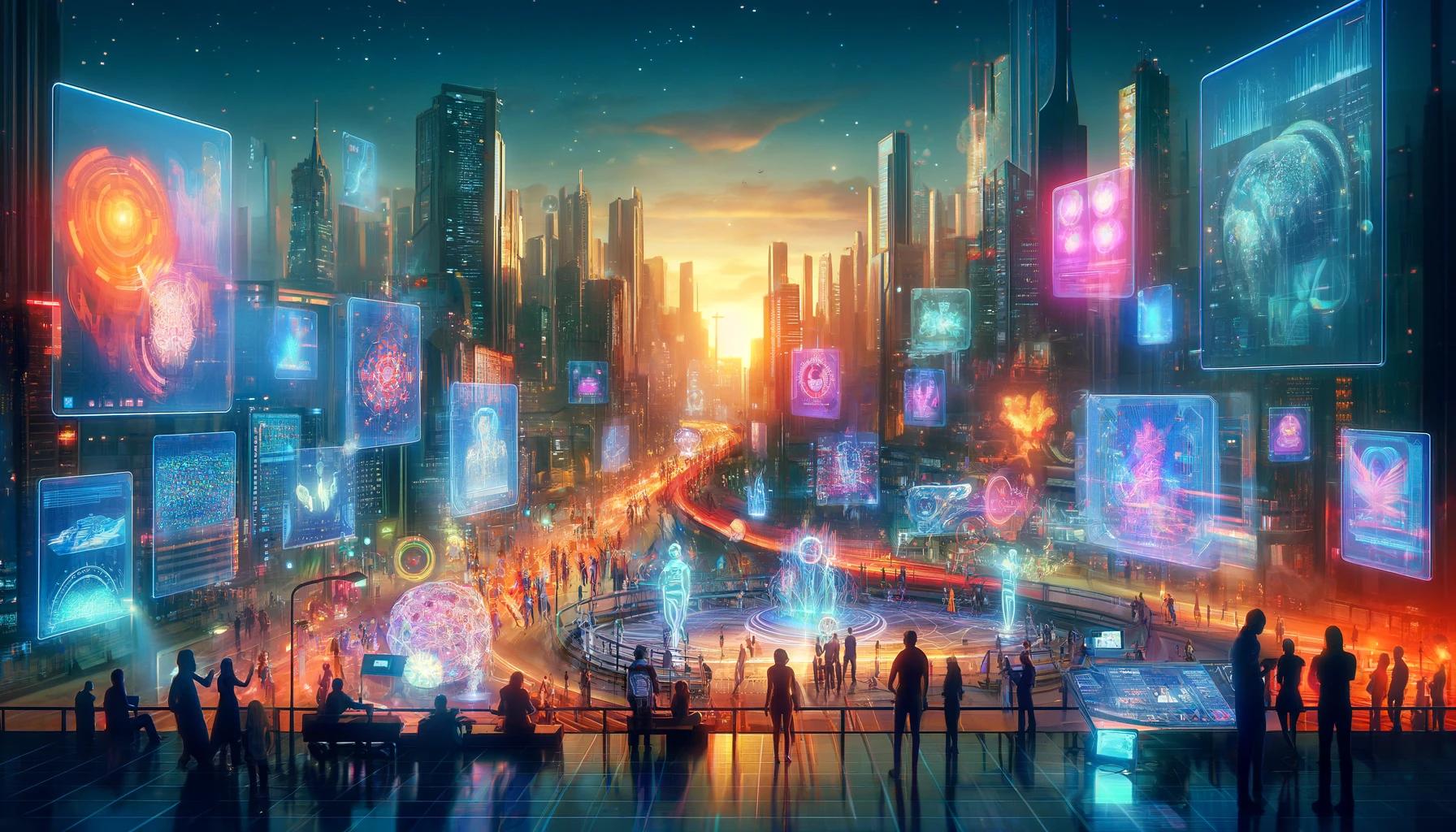
As we stand on the brink of a new era in technology, generative artificial intelligence (AI) is poised to redefine the landscape of creativity, innovation, and human-machine interaction. Generative AI, with its ability to create content ranging from images, text, music, to even code, represents not just a leap in machine learning capabilities but a transformation in how we perceive and interact with technology.
The Creative Companion
One of the most exciting prospects of generative AI is its potential to become a creative companion for humans. Artists, writers, designers, and creators of all kinds can leverage these AI systems to generate ideas, draft preliminary designs, or even create complex pieces of art. This collaboration between human creativity and AI's computational power will usher in a new era of creative work, where AI helps to transcend the limitations of human imagination and physical capability.
The Innovation Engine
Generative AI is not just transforming the creative industries but is also set to revolutionize innovation across various sectors. In fields like drug discovery, material science, and climate modeling, generative AI can simulate and predict outcomes of experiments or models that would be too costly or time-consuming to test in reality. This capability will significantly accelerate the pace of innovation, making it possible to find solutions to some of the most pressing challenges facing humanity today, from healthcare to environmental sustainability.

Personalization at Scale
The future of generative AI also promises unprecedented levels of personalization in products, services, and experiences. Whether it's customizing educational content that adapts to the learning pace and style of each student, creating personalized nutrition and fitness plans, or even generating customized entertainment, generative AI can cater to the unique preferences and needs of individuals at scale. This level of personalization will redefine expectations in consumer experiences, pushing industries towards more customer-centric models.
Ethical and Societal Implications
However, the rise of generative AI is not without its challenges. Issues around copyright, authenticity, and ethics loom large. As AI-generated content becomes indistinguishable from human-created content, questions about ownership, copyright infringement, and the ethical use of AI in creating content will need to be addressed. Moreover, the potential for misuse in spreading misinformation or creating deepfakes raises significant societal concerns that necessitate robust frameworks for governance and ethical AI development.
Preparing for the Future
To navigate the future of generative AI, a multi-faceted approach involving technological advancement, ethical consideration, and policy-making is essential. Continuous research and development are necessary to push the boundaries of what generative AI can achieve. Simultaneously, creating ethical guidelines and policies that govern the use of generative AI will be crucial in ensuring that its benefits are maximized while minimizing its risks.
In conclusion, the future of generative AI is brimming with possibilities, not only in the education industry but in many other sectors. It offers a canvas for human creativity to flourish, a catalyst for innovation across sectors, and the promise of personalization at an unprecedented scale. However, realizing this potential requires careful consideration of the ethical and societal implications. By embracing a balanced approach, we can harness the power of generative AI to create a future that is not only technologically advanced but also inclusive, ethical, and human-centric.
